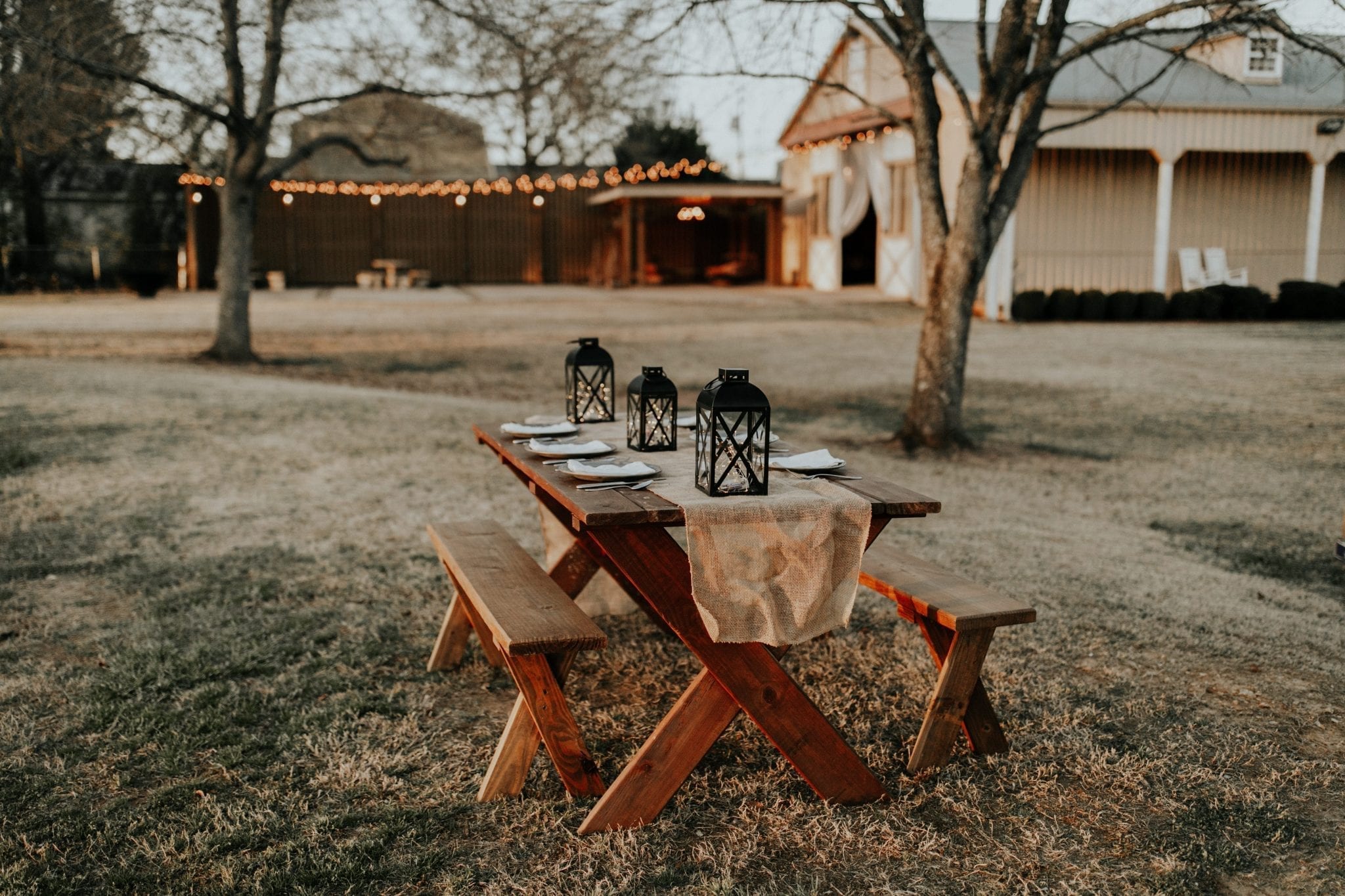

The right to use and enjoy your property helps to ensure you can do as you wish with the property that you own as long as you do not unreasonably interfere with the rights of neighboring property owners.
While the right to private property is already guaranteed by the fifth amendment of the U.S. Constitution, Florida law strengthens this protection through their own home and yard laws as well. As a homeowner in Florida, you can rest assured there is legal precedence for your rights as a private property owner.
The Florida Property Owner Bill of Rights summarizes your rights as guaranteed through multiple avenues such as the Florida State Constitution and local ordinances. In this article, you will find a general summary of several of the statutes in the bill of rights.
The Right to Use and Enjoy Your Property
The right to use and enjoy your property helps to ensure you can do as you wish with the property that you own as long as you do not unreasonably interfere with the rights of neighboring property owners. Likewise, this right ensures that your neighbors do not disturb or cause harm to you and your property as well.
One change you may want to make to your property to increase your enjoyment is the addition of a pool. Adding a pool to your property can be a great addition to help beat the Florida heat and can be a great addition if you enjoy hosting get-togethers. If you are planning to install a pool, you can choose from tons of swimming pool contractors Pensacola to find the right contractor to meet your needs. Local pool contractors will be knowledgeable of Florida home and yard laws to ensure this new addition to your property meets all the requirements.
In terms of landscaping private property, make sure you are aware of any yard laws such as Florida-friendly landscaping ordinances that place restrictions. With ordinances such as these, you may find laws that require designs such as those that will help to conserve water or protect the environment. While restrictions such as these may seem inconvenient, they are in place to help conserve the environment.

The Right to Acquire, Possess & Protect Your Property
While some people acquire property for personal use, you may wish to acquire and then lease your property. As the number two most visited state in the United States, Florida would be a great option if you are interested in leasing your property; therefore, understanding the rights of tenant-landlord relationships could be important to your success. These rights will ensure you as the property owner are protected while others are on your property.
The last part of this right is the right to protect your property. As the property owner, you are entitled to the ability to protect yourself from burglary and trespassing. One legal way to do so is to place no trespassing signs on your property. If you wish to do so, you will need to follow specific regulations such as using international orange colors and placing the signs at appropriate locations.
The Right to Exclude Others From Your Property
Along the same as the right to protect your property, you will find that another right guaranteed as a Florida property owner is the right to exclude others from your property. This idea has been a legal precedent from the early 1900s and remains part of legal property rights today, and protects against intrusion from government and private parties.
For more information on your rights as a private property owner, you can read up on court cases such as Abbinett v. Fox and Southwest Weather Research Inc. v. Duncan; both of these cases specifically addressed issues related to the right to use and enjoy your property and can provide context for rights such as those presented in this article.
Understanding your rights as a private property owner is not only important for your use and enjoyment of your property but for guaranteeing your right to protect your property and receiving just compensation for any property taken away as well. These protections come from both United States property laws as well as individual state protections.